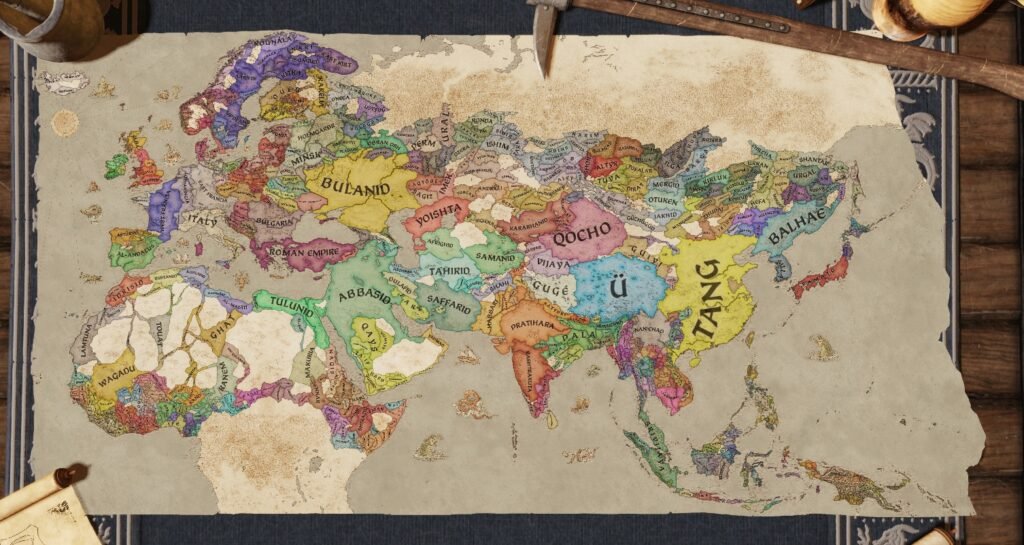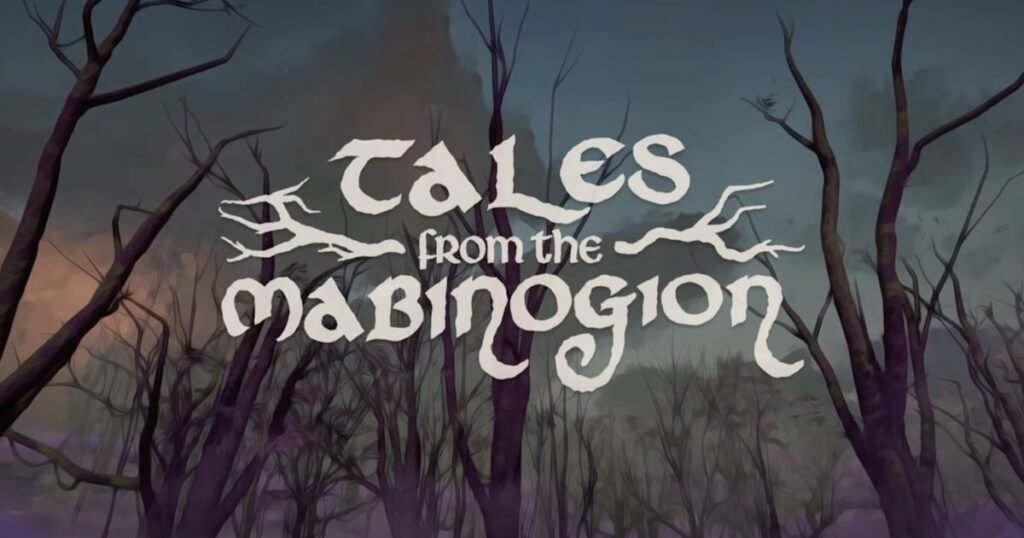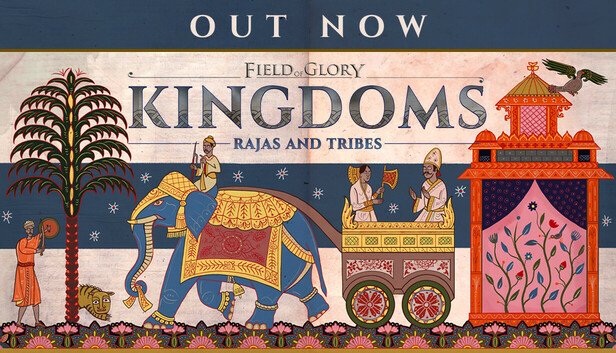Robert Houghton (University of Winchester)
The sixth Middle Ages in Modern Games conference is now drawing to a close. As ever, we’ve had a plethora of excellent contributions from across the gaming industry and across academic fields. We’ve seen established faces alongside a wonderful range of newcomers and it’s reassuring to see how vibrant and varied this field remains. The papers and comments will remain live on our website so if you’ve missed any of them or wanted to continue discussions then please do so – we now have links to all the papers through our programme.
Perhaps partly as a consequence of the conference themes (Gloablities and Regionalities), we’ve seen a particularly broad geographic distribution of papers and participants this year. We’ve retained a sizeable contingent from Western Europe and the Americas, but gained a number of contributions from and about Eastern Europe and Asia. This fits well with a running trend and goal of the conference to bring different perspectives and approaches together.

This broad approach is particularly important as the field of medievalist game studies (and historical game studies more generally) matures. I highlighted that language and national barriers are a key factor in the siloing of the field last year and, despite some notable and impressive attempts to bridge these divides, they are likely to remain a central issue in the immediate future. Looking at a broader variety of games and scholarship is going to be essential for the continued growth and flourishing of the field. It’s going to be important to look at regional differences alongside global similarities, and finding the balance will be challenging.
Many of our papers this year have highlighted different regional or national approaches to medieval history and heritage and the impact this can have on games. Others have catalogued and analysed the prevalence of Western perspectives within the settings, characters, and mechanics of games, emphasising the limitations this places on their worlds and often demonstrating different ways to create more interesting history, stories and gameplay. Stevan Anastasoff got us off to a great start in this vein with his exploration of Tales from the Mabinogion and this became a running theme throughout the conference. There’s a lot of appetite for these sorts of varied approaches and a definite trend in games across genres and platforms towards looking beyond the standard Anglo-centric focus and view of the Middle Ages and incorporating deeper and more meaningful consideration of historically underrepresented, marginalised, or subaltern cultures.

There are without doubt some significant challenges in broadening our approaches to game design and scholarship. Commercial demands and vocal player backlash continue to limit the exploration of broader medieval worlds. Language and cultural barriers often prohibit the exchange of ideas and stories. Translation can held to some extent here, but, as we’ve seen this week, translation inevitably loses some of the original context. As an aside, Ron Heckler’s paper at this very conference has led me to discover that the German translation of ‘Leap of Faith’ in the Assassin’s Creed series is ‘Todessprünge’ (literally ‘Death Jump’): an apt description, but one with very different connotations.

But, these attempts to move across cultures in games are almost always worthwhile, even if we can never truly gain the understanding facilitated by linguistic fluency or lived experience. After all, we’re talking about games that look to transport us back centuries, to worlds drastically different from our own. None of us have the full array of cultural touchstones or mentalities to completely understand any part of the Middle Ages, but that doesn’t mean that games set in the period are meaningless (or that they’re not fun or educational). Despite the limits, playing a greater variety of games from a greater range of perspectives is generally a good thing. It’s just important to play them critically.
As always, there are a lot of people I need to thank for keeping this conference running. James Baillie and Vinicius Marino Carvalho have been instrumental in maintaining and updating this website: making things run smoothly and keeping everything tidy. Markus Mindrebø, Tess Watterson, Juan Manuel Rubio Arevalo and Arturo Mariano Iannace have steadfastly moderated our sessions and kept our social media updated even in the face of platform issues and ghost links. Juan and Arturo have also provided translation services for our conference documentation and papers. Their work has been vital to every aspect of the event, and their research is also absolutely excellent: you should take a look at what they’ve been up to and it’s easy to get in touch with any of our Organising Committee.
I need to thank our long term sponsor Slitherine Games for their continued support and advertising for this event, for their openness to interview, and for giving us early access to the Rajas of Asia DLC. This sort of collaboration between devs and scholars is of great importance to the event and we’re very grateful for the participation. You can find Rajas along with Field of Glory and all of Slitherine’s many historical games at their website.

I also need to thank Exilian for their support in general and for hosting the website in particular. With the ongoing collapse of Twitter and the fragmentation of our participants to various other platforms it’s increasingly necessary to have an independent home for conferences like this and Exilianhave provided the expertise and resources to do so. Make sure you take a look at the multitude of articles and forums over on the Exilian site: there’s something to cover almost every aspect of the Middle Ages and medievalism.
I need to thank the Centre for Medieval and Renaissance Research at the University of Winchester for providing material support to the conference and for continuing to host our conference proceedings. There’s a lot of cool research going on in the centre which contributes to a great range of teaching at both undergraduate and postgraduate level.

Finally, I need to thank the modding team over at Rajas of Asia, including most notably William Chen and Nathaniel Simmons, for providing a keynote and allowing us to use their images for our programme material. The mod is a significant expansion of Crusader Kings III in both breadth and depth and, as William has shown us today, does an incredible amount to represent different cultures within a somewhat restrictive set of core mechanics. Their work is definitely worth a look, both because of its scholarly significance and because it’s really fun.
While the conference is over, we have plenty more Middle Ages in Modern Games coming up. Vinicius is running a strand at the Middle Ages in the Modern World conference at King’s College London later this month around the theme of ‘Temporalities’, including a playtesting session of games created by our participants and a showcase of Rajas and Tribes from Slitherine Games. In July, Blair Apgar will be leading our extended strand at the International Medieval Congress in Leeds around the conference theme ‘Worlds of Learning’ including a large contingent of papers about medievalist games in education and a roundtable about games and scholarship beyond the Anglophone world. If you’re attending either of these events, then we’d love to see you there!
The proceedings for this year’s event will be released around December this year, with Tess and Vinicius acting as lead editors. This is an opportunity for our speakers to extend and elaborate their papers beyond the fairly restrictive word limits of the conference. We’ll be announcing publication here and on our social media, but in the meantime you can take a look at our previous proceedings.

We’ll be releasing a number of calls for papers over the next months. Vinicius is planning a MAMG strand at Arqueologia Interativa e Simulações Eletrônicas‘s archaeogaming and digital archaeology conference later this year (8-12 December), which will be live and entirely online. We’ll also be taking a strand back to the International Medieval Congress in Leeds next year (6-9 July, 2026), a hybrid live event, which has clearly followed our lead with a theme of ‘Temporalities’. And of course, the Middle Ages in Modern Games Asynchronous conference will be back again next year.
We hope you’ve enjoyed this year’s papers and discussion. It’s been a truly magnificent range of contributions and I’m hugely grateful to all the participants, organisers and sponsors. I’ve built up a lengthy list of games to play and people to read and I’m hugely excited to see where the field goes next. I hope to see you all again soon at any of the multitude of events relating to the Middle Ages in Modern Games.

Thank you Robert for all the work and effort!
I totally agree that this year provided us with quite a large amount of food for thought (at least, that’s the effect it has had on me!). I believe that many of the elements that have been highlighted, or perhaps just hinted at, during the conference have much potential in terms of further development, and surely in terms of engagement for future (and present) scholarly debates!
Thanks Arturo! Although you know as much as anyone that this has been a group effort.
It’s been a brilliant event and I’ve been compiling a ‘to read’ list and a ‘to play’ list, both of which are alarmingly long…
Thank you so much for taking the lead in the conference, Rob!
And also thank *you all* who commented (and are still commenting) on the papers throughout the event. Some of the answers/addenda to the posts have been almost papers in themselves, with lots of food for thought & bibliography sharing.
Eager to meet you again in subsequent iterations!
Thanks Vinicius! There’s been a lot going on in the comments, and I’m really looking forward to catching up on it!
Thanks, Rob and the whole team, and congrats for another successful MAMG async conference! Always a pleasure to immerse myself in such a transdisciplinary and inclusive event. The perspectives are valuable input for my research. Looking forward to participating next year!
Thanks Pratama! And thank you for your paper and comments!
Thank you, Rob and the whole team, for organizing this magnificent event. I read so many intriguing papers and I was so glad to participate with my research – this async conference is a brilliant idea for sharing our thoughts. Looking forward for MAMO and the MAMG async conference next year, too!
Thanks Kristina! See you soon!
As a newcomer to this conference, but an old hand in medieval-academia more generally, I have to say that this was an extremely welcoming, energizing, and productive three days. The range of papers, and the openness of responses from both scholars and “people in the industry” was very heartening to experience. Well done to all involved.
That’s really great to hear Robert, thanks so much!
Thanks for putting this event together! As always, it was great!